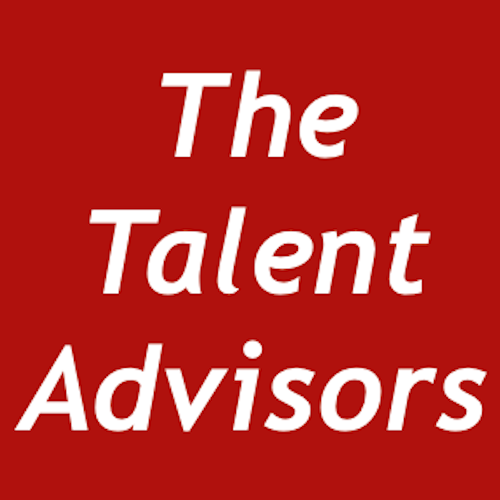Supporting The Board Journey
We work face-to-face or virtual; one-on-one and in small groups; with individuals or organisations.
Three coach-mentor options are available for aspiring or new directors.
1. board ready tactics and strategies, 2. board interviews 3. new to a board.
trusted guidance and advice
“Dianne was a great coach and I learnt a lot from her structured approach to the mentoring objectives. When starting out on this journey, being able to speak with someone who is knowledgeable of the expectations of boards is such an advantage.” (Aspiring Non-Executive Director).
Board Ready
Be more competitive when aiming for your first or next directorships.
Board appointments are highly competitive. As clients have found these strategies assist you make it to the short-list.
Four sessions:
A stronger NED narrative. Not all director competencies matter equally. What do search firms and nomination committees look for? As an executive, which capabilities and strengths are valued in the boardroom and which ones should you let go?
Building your director profile. There are differing approaches to build a director profile. Which ones are right for you? How can you get a return on your effort? What are the five pitfalls to avoid?
Protecting against board application rejection. Which five factors result in a board application being rejected? How can you mitigate the risk? What do you need to do to be short-listed more often?
Effective due diligence. When assessing the risks and suitability of a potential board what should you look for in terms of ‘hard factors’ and ‘soft factors’?
Email to choose all four or select the ones of most value to you.
Interview Preparation
Board interview preparation is about: Context, Capability, Cut-through and Culture. A focussed compelling narrative is key. A more effective interview plan that ensures the right skill-sets are apparent to nomination committees and search firms irrespective of the approach of the interviewer or the use of virtual tools. By using a specifically designed framework you can then express the contribution and transferable skills that you bring to the board and meet skills matrix and sub-committee needs.
As clients have found this practical intensive covers interview planning, assessing the key issues, how to respond to differing questions, coping with differing approaches including virtual, getting your key points across, dealing with gaps in the selection criteria, building rapport and influencing opinions.
One session:
What the nominations committee will look for, how to design your narrative, identify what matters most, deal with gaps, how to signal potential, prepare and rehearse answers to potential questions for greater flexibility in the actual interview.
Send an email to organise a session.
New To A Board
New board appointments need new approaches.
Taking on a new board comes with anticipation and a steep learning curve. Stepping onboard triggers an inner dialogue: ‘how do I come up to speed with board dynamics, agendas, decision making and governance’ followed by ‘what is the best way to signal my potential contribution’ and finally, ‘how will I make an early impact.’
As clients have found these strategies assist new directors transition with ease.
Four sessions:
Knowing what you need to know. New directors need to have quick wins and contribute effectively by applying a strategic lens to capabilities and using adaptive leadership skills. The challenge is to come up to speed with the core business issues, board agendas, decision making, governance accountabilities and the board’s way of operating.
The ‘how’ of directorships. The ‘how’ of board work is as equally important as the ‘what’ in order to be an effective board director. It is the mindsets, distinct style and approach that each person brings that underpins the board’s capability, the dynamic and the way it deals with ambiguity and dichotomies.
Insightful director questions. What are the elements that make for a good question? Asking insightful questions as a director not only demonstrates the value that you bring, but also helps develop constructive relationships - two factors that form your ‘director capital.’
Dealing with tensions. Dealing with differing views and opinions is part of being a board director. In fact, some disagreement is valuable and even healthy. How a board manages the different types of tensions is a product of its culture, Chair effectiveness and the clarity of its practices and protocols. What should the individual director do?
Email to choose all four or select the ones of most value to you.

